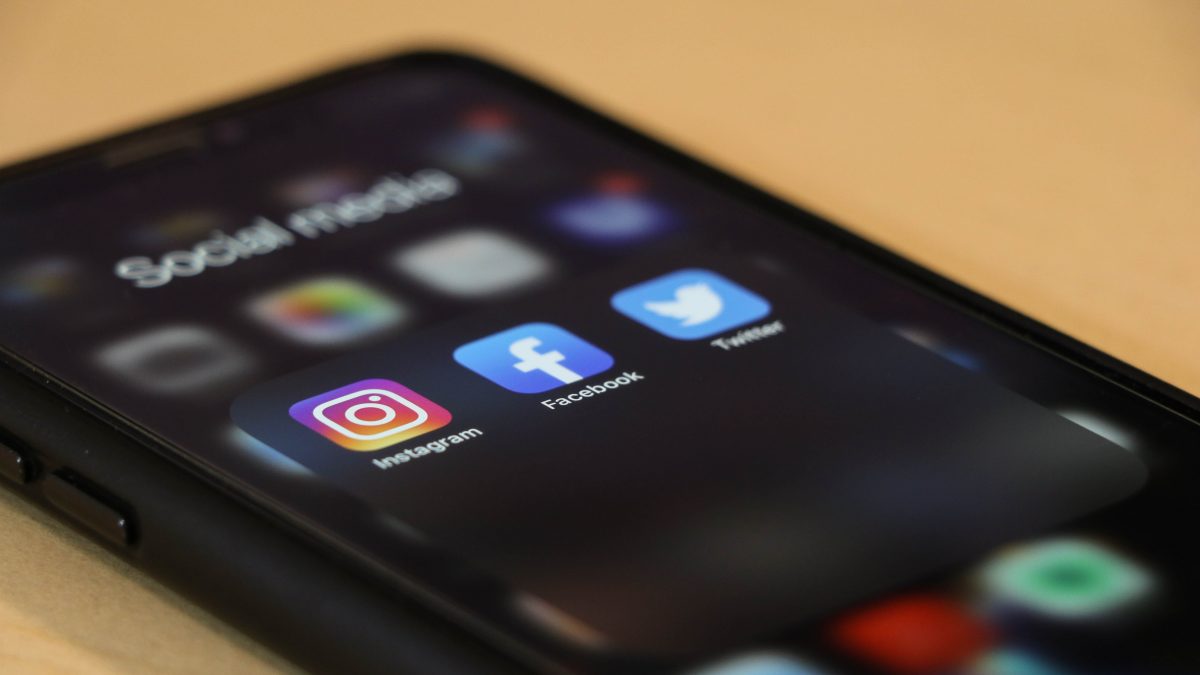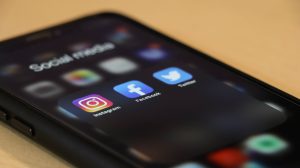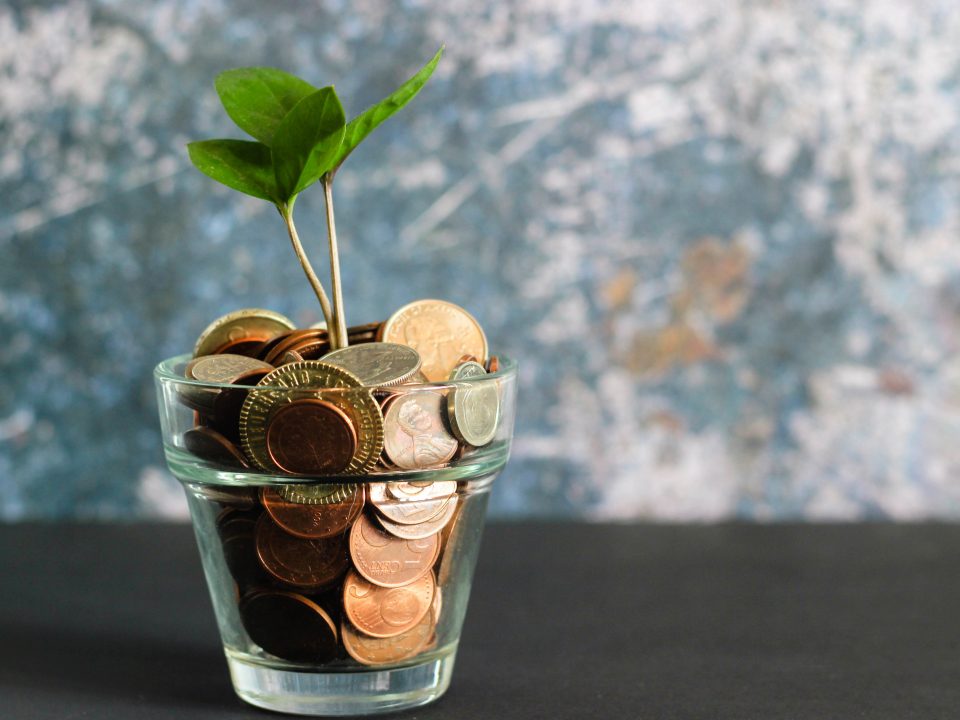The Dual Nature of Social Media

Let Go for New Growth!
September 30, 2020
Are You Experiencing
December 2, 2020The Dual Nature of Social Media
With the buildup of current socio-political, environmental, and economic stressors in the world, we sometimes feel completely immersed in an alternate universe. Often memes and jokes refer to us living in a “simulation” as the daily events just seem unrealistic to the time we were living in. A common escape that we each use from this can be social media. Social media allows us a closer and live view of the events of the world. We gain a glimpse into other parts of the world, private lives, and a general view behind the proverbial curtain. While extra exposure and knowledge can be beneficial, it can also have negative side effects such as an increased sense of helplessness, isolation, FOMO (fear of missing out), imposter syndrome, and sometimes failure. At this point in time, you may be connected to multiple social media sites such as Facebook, Pinterest, Twitter, Instagram, LinkedIn, Tiktok, Snapchat, etc. Each format gives a different view and focus of the world around us, potentially highlighting different emotional reactions.
Social media is part of life. It has ingrained itself into how we connect and access information. Without this, we may not have a consistent view of the lives of those we care about. Instant messages including jokes to share laughter, video clips to give a direct view to what we are experiencing, and insightful thoughts on life, discussing existential matters and areas of personal growth are all a benefit. LinkedIn and Twitter can keep us connected to the professional world and make networking more fluid and upfront in our career growth. Social media has created and built many businesses and careers. Life on social media can even be its own career! Social activism and speaking out for causes has been given a megaphone. Outreach and education have been expanded immensely giving entire communities and belief systems a voice. There is a large argument for continuing our relationship with social media.
When does it become a problem? The feeling of escape and avoidance, mindless scrolling, impulsively logging in/ picking up a device without a plan to do so all may indicate a behavioral addiction. If you feel a sense of anxiousness building when you have been disconnected for a length of time and just cannot connect to the present without thoughts of what you may be missing on your social media sites. Jumping at the sight and sound of notifications can indicate dependency. Many things can become a psychological craving and social media can do this by convincing us that we are missing out if we are disconnected. The format for many sites can make the user feel as if they are “behind” or “out of the loop” if they are not constantly checking their feeds.
During the pandemic social media has allowed us to connect and often function in businesses that before were limited to in-person contact. It has a dark side as well. When we see others going out, ignoring warnings of the threat of COVID, traveling, socializing, it can increase anger and FOMO. Having access to the anger and drive toward activism from others during current socio-political unrest feeds our own but at the same time can increase the sense of helplessness as we see hate build with no end in sight. We are more exposed to the highlight reel of others’ successes, resulting in questioning our own success in our profession and personal successes. Social media can impact how we question the value of our relationships, career, and our own bodies.
While there are many details as to our chaotic and sometimes addictive relationship with social media, we can take back control. Here are a few suggestions:
- Don’t quit cold turkey. Erasing all social media at once and walking away may result in panic and running back to the platforms, clinging harder.
- Establish no social media zones. Maybe when you are at work? Lunch? In the morning when you wake up? During dinner? While around family/ children/ significant other? While driving? Pick what fits into your life and put access to social media aside giving yourself a break.
- Schedule time/ access to social media. Have scheduled times for yourself that you allow access to different platforms.
- Limit your news sources on social media. Choose sources carefully that are professional and do not pander to specific ideologies. Check it once a day and limit the amount of time allowed. True news will not change and will not be erased by the following day.
- Block toxic influences. Don’t use social media to follow people and things that trigger anger, trauma, anxiety, or depression. Block them, you are under no obligation to continue these connections that may be unhealthy.
- Teach yourself to wait after receiving notifications. Our brain has a dopamine response to notifications. We are hard-wired to react and respond to them! Don’t immediately pick up and view or respond. Don’t make yourself so available and accessible because it will become what is expected. You can also deactivate notifications altogether.
- Keep in mind what you see is a highlight reel. Everything is composed in a way that the presenter has a motive in mind for the reaction they want to bring out in the reader/ viewer.
- Avoid “phubbing” or snubbing others in a social or group setting in favor of keeping your attention and focus on your phone.
- Stop using all devices for a comfortable time period before bed. The blue light of screens can disrupt sleep cycles. The information you are taking in may trigger the brain to stay active long after you need it to give in to rest.
- Leave your devices in another room. Don’t have your devices on hand when you are taking time off. If the device needs a charge, have the charging area in another room. This can even include at night, having an actual alarm clock for a waking device instead of your phone.
With all of this information, learn balance. Many things in life can be positive to a point but when the relationship is dysregulated, it can become toxic. Know and understand your individual relationship with social media and use that recognition to keep it in a healthy space.
Taking your mental health seriously is the first step. In order to make a change, it starts with you!
If you are interested in services, please give us a call at 606-676-0638 and get services started TODAY! Stay #HealthyAtHome with counseling and case management services using your phone, tablet or computer from anywhere in Kentucky.
Kesha McClure-Hunley, LPCC
Intrust Therapist since 2012.
Related posts
Photo by Kouji Tsuru on Unsplash





